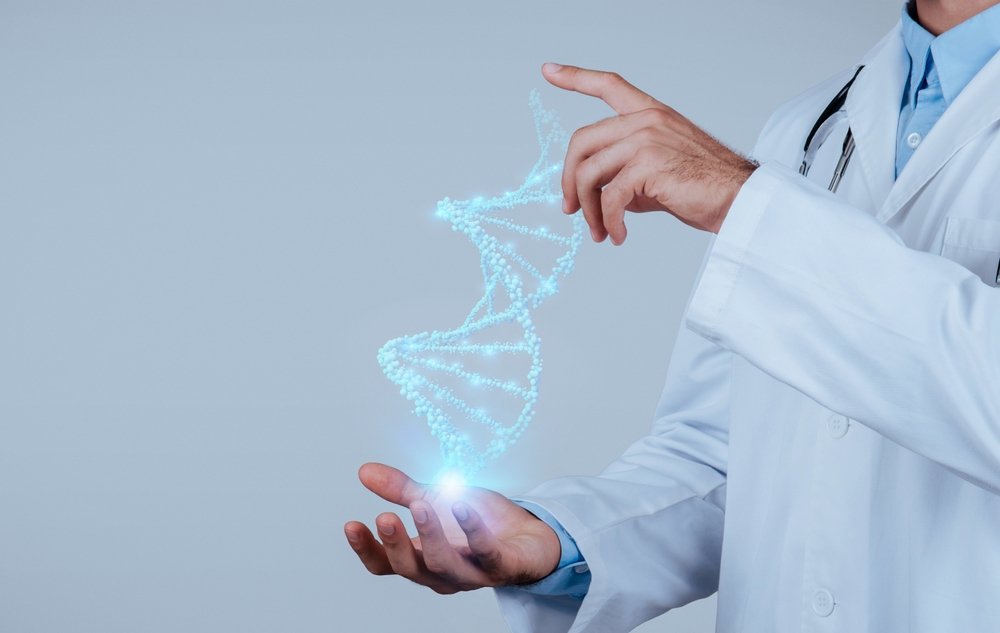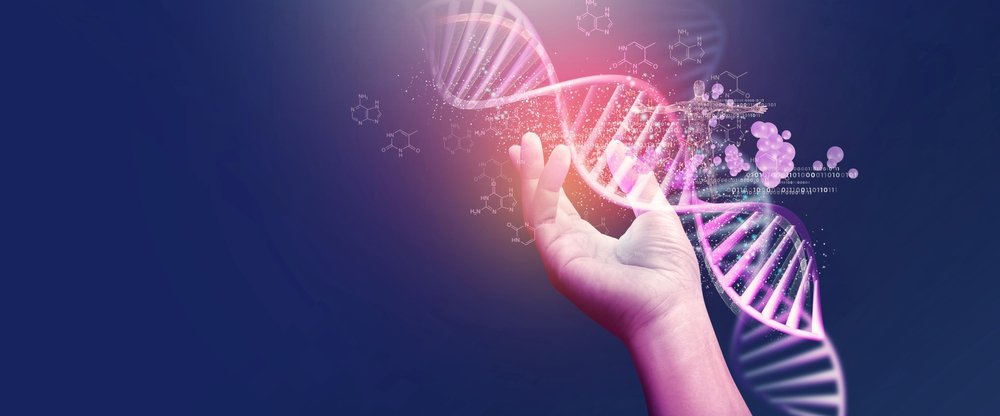Follow us and share.
Medical Revolution: How Science Is Transforming the Diagnosis and Treatment of Diseases
Discover the latest medical and scientific advances. Learn how new therapies, genetics, and smart prevention are transforming the future of healthcare.

The world of medicine and science is advancing by leaps and bounds, offering new hope for the diagnosis, treatment, and prevention of diseases. In recent decades, revolutionary discoveries in genetics, biotechnology, and personalized therapies are changing the landscape of global health. This article summarizes some of the most promising advances and how they could impact the lives of millions of people.
📌 Research in Innovative Therapies
The development of new therapies is one of the most active areas of medical research. Thanks to technologies such as artificial intelligence and big data analysis, scientists can identify disease patterns and design more effective and personalized treatments.
Notable examples:
- Cancer immunotherapy: Therapies such as immune checkpoint inhibitors and CAR-T cells are showing promising results in patients with leukemia, lymphoma, and lung cancer. These therapies stimulate the immune system to identify and destroy tumor cells.
- Cellular and regenerative therapies: Stem cells are being used to regenerate tissues damaged by diseases such as multiple sclerosis, Parkinson's disease, and spinal cord injuries. This opens new doors for regenerative medicine.
- Therapies for rare diseases: Messenger RNA-based treatments are being developed (as in the case of some genetic diseases), which allow errors in the expression of defective genes to be corrected. Many of these diseases, which were previously untreatable, are now undergoing clinical trials.
These advances are shifting the focus from "treating symptoms" to "correcting causes," marking a milestone in personalized and precision medicine. Furthermore, research is underway into combination therapies that integrate multiple approaches (genetic, pharmacological, and immunological) with the goal of increasing efficacy and reducing adverse effects.
📌 Genetic and Biomedical Discoveries
The genetic revolution is making it possible to understand the molecular basis of many diseases. Thanks to technologies such as genomic sequencing, it is now possible to identify genetic predispositions to multiple conditions and tailor treatments to each individual.

Main advances:
- Gene editing with CRISPR-Cas9: It allows for precise correction of genetic defects. Clinical trials are already underway for diseases such as sickle cell anemia, Duchenne muscular dystrophy, and certain forms of inherited blindness.
- Liquid biopsy: It allows the detection of tumor DNA fragments in blood, facilitating early cancer diagnoses without the need for invasive surgery. It also helps monitor treatment effectiveness in real time.
- Organ development in the laboratory: Advances in 3D bioprinting and tissue culture are paving the way for personalized organs for transplants. Although still in the experimental phase, simple structures such as tracheas, bladders, and corneas have already been created.
Progress is also being made in the use of digital twins: virtual representations of patients, based on genomic and clinical data, that allow treatments to be simulated before being applied in real life. This technology promises to improve prognosis and reduce risks in medical interventions.
📌 Impact on Disease Prevention
One of the most important effects of these scientific advances is their ability to transform prevention. With a better understanding of genetic, environmental, and behavioral factors, medicine is moving toward a predictive and preventive model.
Applications in prevention:
- Predictive medicine: It allows for the estimation of individual risk for diseases such as cancer, cardiovascular diseases, and neurodegenerative diseases, and allows for action to be taken before symptoms appear. This is achieved through the analysis of genetic profiles combined with lifestyle factors.
- Next-generation vaccines: Such as mRNA vaccines, which are being researched to protect against HIV, seasonal flu, malaria, and several types of cancer. These vaccines are developed faster, with greater precision, and a lower risk of side effects.
- Digital health monitoring: through wearable devices that analyze variables such as heart rate, glucose, blood pressure, and sleep quality in real time, facilitating early interventions before symptoms worsen.
In addition, artificial intelligence algorithms are being incorporated to automatically analyze health data and alert people to potential risks before they manifest clinically. Prevention is no longer based solely on annual checkups, but rather on continuous and personalized monitoring.
📌 Ethical and social challenges of scientific advances
Along with the benefits, advances in medicine and biotechnology also bring with them ethical, social, and economic dilemmas:
- Accessibility and equity: Many cutting-edge treatments are expensive and available only in certain countries or social sectors. This can exacerbate health inequalities.
- Genetic privacy: The use of genomic data raises questions about the protection of personal information and the risk of discrimination.
- Genetic manipulation: Gene editing in human embryos generates debate about the limits of scientific intervention and the possible long-term consequences.
- Scientific misinformation: The speed of progress also brings with it the risk that incorrect information will spread quickly. This can lead to unrealistic expectations or social rejection.
Addressing these issues responsibly is essential to ensure that innovation benefits all of society and not just a few. Investing in scientific education for citizens and ethical regulation for professionals is part of the way.
💡 Final Reflection: Science Is Redefining Health
Today's medical and scientific advances not only cure better, but also prevent and predict diseases more accurately. Investing in research means investing in a future where healthcare is more accessible, personalized, and effective.
Staying informed about these developments is essential to harnessing their benefits, supporting responsible innovation, and demanding healthcare systems that keep pace with science. What seems like science fiction today could be an everyday solution tomorrow.
